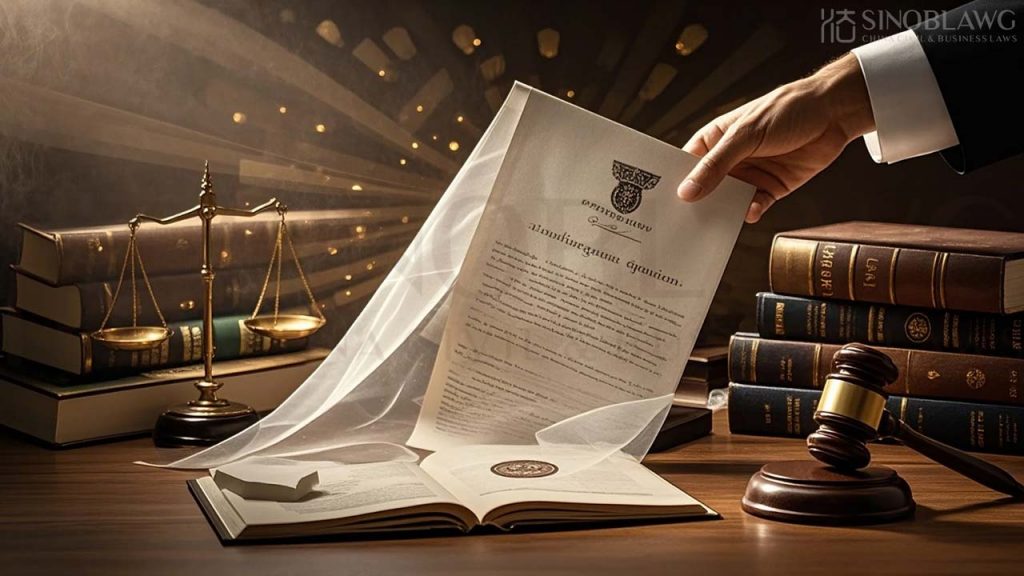Most foreign investors have come to choose to go alone when investing in China. As a result, more and more WFOE companies (limited liability companies) have appeared in market. Among those WFOEs, there is a considerable portion being single or one member companies that, namely, have only one shareholder, either a natural person or a legal person.
Recently, during helping a foreign individual investor to buy out a restaurant company in Shanghai, the client is very much concerned with being the single shareholder of the acquired company, worrying that in the event of any food safety incidents, she may be pursued for unbearable liabilities arising from such incidents.
Therefore, it is helpful for investors to understand basically the legal framework in regard of such one member companies under Chinese laws. Here is a brief summary.
I Incorporation of One Member Company
The substance and procedures for forming a single member company is much the same as those for forming a multi-member company except that:
(1) Unless expressly required in other regulations, the registered capital for a one member company shall not be less than RMB 100,000, while RMB 30,000 will suffice for non one-member companies;
(2) The registered capital of the one member company whose single shareholder is a Chinese person shall be paid up in a lump sum, while a foreign invested one member company's shareholder is allowed to pay the registered capital over two years; and
(3) While one Chinese natural person is allowed to incorporate only one single-member company, a foreign natural person is not so restricted. But, a one member company with either a Chinese or foreign natural person shareholder shall not invest to form another one member company.
II Liability of One Member Company's Shareholder
A one member company under China Company Law is a limited liability company whose shareholder is, as a general principle, availed of the protection of limited liability doctrine, which means that creditors of the company are generally not be able to request the one-member company's shareholder to assume the liabilities incurred by the company in the course of its operation despite that the assets of the company is insufficient to pay off the debts of such creditors.
However, as in many jurisdictions, China Company Law has also incorporated the theory of piercing the corporate veil (as indicated in Article 20) under which shareholders of a limited liability companies are required to bear the liabilities incurred in the name of the limited liability company in certain strictly defined circumstances often involving shareholders using the corporate veil as a sham, facade or alter ego to defraud the company's creditors.
In practice, one member company's shareholder tends to treat the company as his personal assets as a whole and very often fails to comply with rules in relation to corporate accounting, easily mixing up their personal funds with corporate funds, which likely invites personal liabilities for the corporate debts. According to court guidelines handed down by Shanghai High People's Court (not applicable in other parts of China outside Shanghai), corporate veil may be pierced or lifted and company's shareholders be held liable for corporate debts in the following circumstances:
(1) Obvious undercapitalization, where shareholders withdraw the registered capital after contribution to the extent that the remaining corporate capital is lowered than the statutorily required amount;
(2) Personalities highly commingled, similar to the alter ego doctrine in USA, where shareholders commingle, continuously and extensively, their properties, businesses, personnel or business premises with those of the company; or
(3) Improper domination and control, where shareholders are engaged in connected transactions with the company to conceal and displace the assets of the company.
Generally, a creditor seeking to invoke the piercing corporate veil theory needs to prove before court that the shareholders of the company have misused the corporate veil. But in the case of one-member company, the China Company Law has shifted the burden of proof to the shareholder of the company. Article 64 of the law reads: If the shareholder of a limited liability company with a sole shareholder cannot prove that the company's assets are independent from its own assets, the shareholder shall bear joint and several liability for the debts of the company's. This poses real risks especially for one member company whose sole shareholder is a natural person, as very often there are some kinds of commingling that will make courts suspicious of the independence of the company's assets.
III Litigation Proceeding Issues
Given the provision of Article 64 of China Company Law, there is a big concern for shareholders of single member companies that creditors will always place the shareholder as a co-defendant when instituting a lawsuit against the company, which will be a chronic headache. However, there is so far no any official interpretation from China Supreme Court on the question. In the Shanghai High People's Court guidelines, it does not cast much light on the issue either.
As a corporate lawyer, it is my understanding that a creditor shall have the right to list the shareholder of the one-member company as a co-defendant in any lawsuit against the company. Accordingly, one of the claims raised in the complaint shall be to request the shareholder to bear joint and several liability with the company.
IV Advice to Foreign Investors
Therefore, foreign investors that set up one member company shall be careful in maintaining clear separation between corporate assets and the shareholder's assets and complying strictly with China accounting rules in preparing corporate financial books. In particular, foreign individual investor forming one-member WFOE company shall spare no efforts to avoid such risks.
For foreign individual investors, it will be helpful to shield or mitigate such personal liability by incorporating a shell company in HK or BVI and then use this offshore entity to set up their WFOE company in China. In this way, foreign individual's personal liability can be well mitigated. Otherwise, foreign individuals involved in Chinese court proceeding can face serious consequences if China court issues a ban on such investors from exiting China.







You need to participate in a contest for among the finest blogs on the web. I'll advocate this web site!